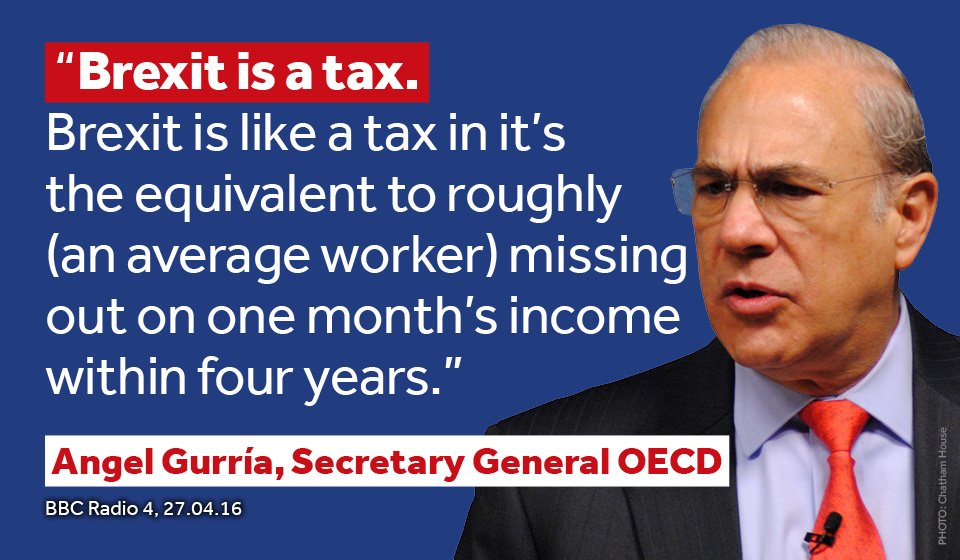Firstly it isn't hard evidence whatever that means secondly it's only good analysis because it supports your opinion.

https://woodfordfunds.com/economic-impact-brexit-report/

http://openeurope.org.uk/intelligence/britain-and-the-eu/what-if-there-were-a-brexit/
Why is the analysis about Brexit in the two links I provided wrong/incorrect or any more likely to be true than the reports you always cherry pick?
I don't cherry pick I've just used studies which are up to date and have been published to coincide with the referendum. I'm not cherry-picking either, it's what they all say. Bad in the short term bad in the long-term. The Open Europe one seems to be the most positive. If they all said growth, jobs, prosperity then I'd vote out.



